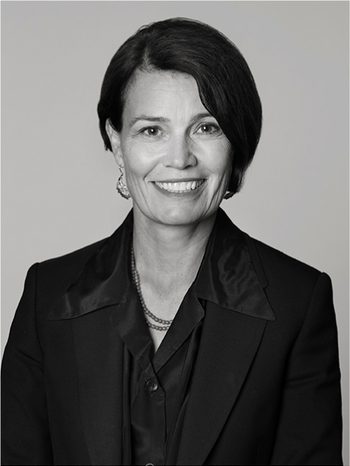Arman (Armand Pierre Fernandez)
Accumulation with ink bottles
Signed Arman. Unique. Executed 1968. Ink horns in resin in plexiglass box, 120 x 122 cm. This work is recorded in the Arman Studio Archives New York under number: APA# 8013.68.208
Saleroom notice
Executed 1968.
Provenance
Acquired directly from the artist.
Chelsea hotel, New York.
Private collection.
Artist
Arman (Pierre Fernandez, born in Nice in 1928) moved to Paris after graduation to study archaeology and oriental art. After returning to Nice in 1953, he devoted himself instead to abstract art and began collaborating with Yves Klein, which was to have a significant impact on his artistic development. After a typographical error in an exhibition catalogue at the legendary Galerie Iris Clert in Paris, in which the letter "d" had dropped from his name, Arman decided that henceforth he would sign his works only "Arman".
In the late 1950s, he began working with sculptures, first the series Accumulations with everyday objects and then Poubelles consisting of rubbish.
In 1960, Arman co-founded the Nouveau Réalisme group with Jean Tinguely and Daniel Spoerri, among others. Later César, Niki de Saint Phalle and Christo joined. The group opposed informal art and became the French equivalent of English and American pop art.
During the 1960s, Arman travelled to New York for the first time, where he exhibited at the Cordier-Warren Gallery and MoMA. He continued to work with sculptures through different series such as 'Coupes' (sawed and sliced objects), 'Colères' (disintegrated and broken objects), 'Combustions' (burnt objects) and 'Inclusioni' (assemblage of objects enclosed in polyester resin).
Arman's work was shown both at the Stedelijk Museum, Amsterdam (1964) and at the Venice Biennale (1968) in the following years. In the 1970s, he created assemblages with cement and car parts in collaboration with Renault. In 1973 he became an American citizen when he moved to New York.
During the last twenty years of his life, Arman continued to work with different materials and techniques. He has executed several monumental works such as the bronze work "A la République" (1984) in the Palais de l'Élysée, Paris and the work "Espoir de Paix" (1995) in Beirut, an assemblage of cement and tanks. It is still the world's largest sculpture.
Arman died in 2005 in New York. During his lifetime, he participated in almost 500 solo exhibitions. His works are today included in collections at MoMA, NY, The National Gallery of Art, Washington, Tate Modern, London and Musée d'Art Moderne et d'Art Contemporain, Nice.
Read more











































